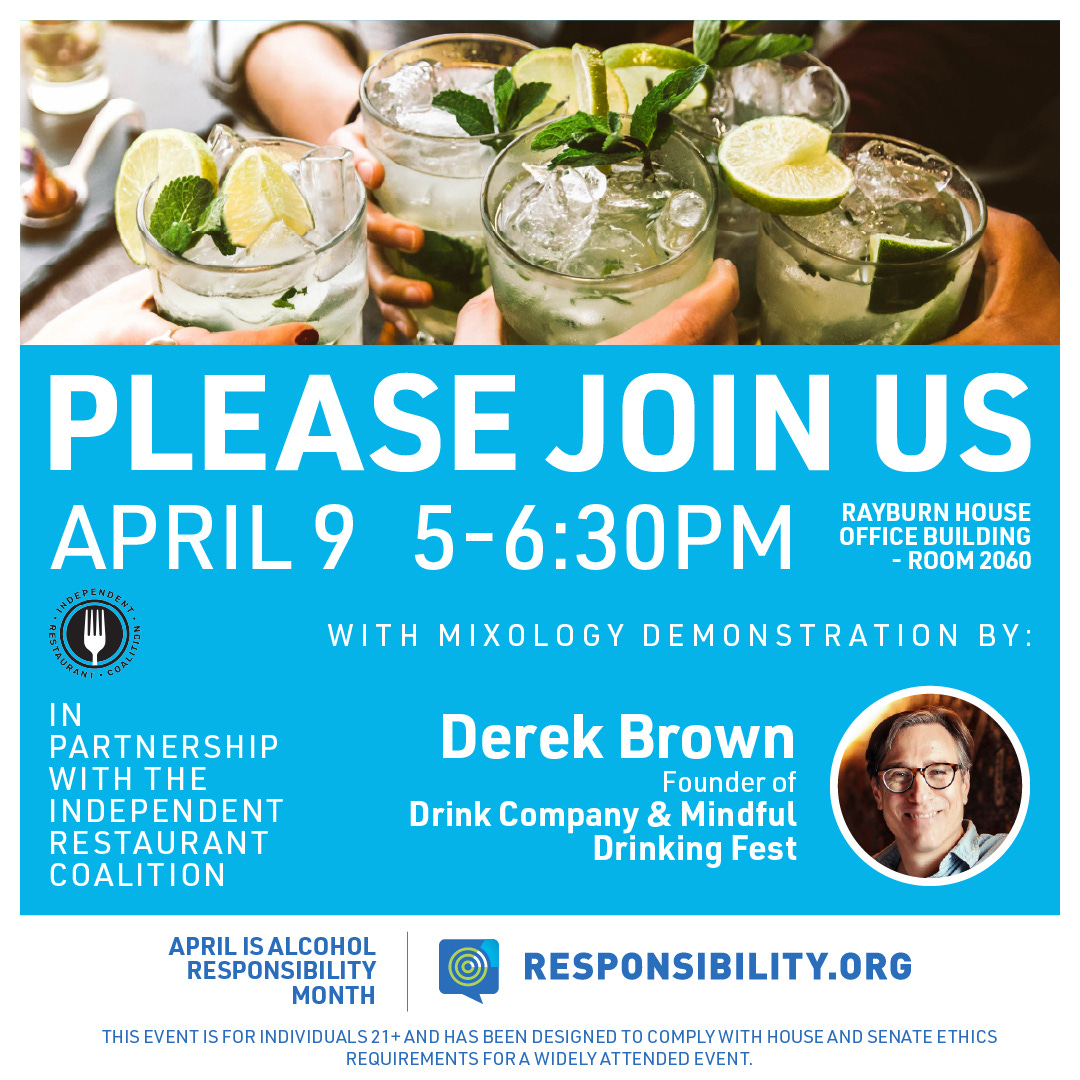What We Lose When We Cut Alcohol Prevention Programs
As critical HHS grants are slashed amid recent budget cuts, we’re facing an unreasonable toll—both in human lives and economic loss.

For better or worse, alcohol has shaped my life—sometimes quietly, molding the relationships around me, and sometimes with the screeching wheels of a motorcycle sliding beneath the front of an oncoming truck. In both cases, its effects were irreversible and the loss irreparable.
My father lives with alcohol use disorder—what’s more commonly known as alcoholism. That shaped my family in ways that are hard to fully explain to someone who hasn’t seen it firsthand. His journey from soldier to civilian brought the war home with him, changing our family forever.
But the worst moment—the one I carry with me every day—was losing my 19-year-old foster sister, Tina. She was killed by a drunk driver while riding on the back of a motorcycle. It was her birthday. Her boyfriend, Bruce, had just proposed. They were celebrating a new beginning. Hours later, they were both gone.
When I think about how alcohol affects our lives, I don’t think first of statistics or studies. I think of my own family and the loss of Tina. Of how one night—and one choice—had such a devastating impact.
That’s why the sudden loss of more than $11 billion in federal public health grants to the Department of Health and Human Services is more than a budget item to me. These funds supported programs that work to prevent tragedies just like the one that took Tina’s life.
Among the programs impacted are the STOP Act, which helps communities prevent underage drinking, and the Drug-Free Communities (DFC) Support Program, which funds local efforts to reduce youth substance use. The 2025 HHS budget cuts have significantly affected both programs, reducing the number of available grants and increasing competition for already limited funding. Services that support recovery, treatment access, and public education are also at risk, raising concerns about the future effectiveness of these critical public health initiatives.

These aren’t abstract policy debates. They’re deeply practical efforts that save lives—quietly, consistently, and with far less investment than we spend managing the damage alcohol causes.
And that damage is staggering: alcohol costs the U.S. economy $249 billion every year. That includes healthcare costs, lost productivity, criminal justice, and the ripple effects of preventable deaths.
The short term savings don’t add up in the long run. We’re cutting funding to the very programs that reduce long-term harm—economic and human. While the cuts have made headlines, they haven’t gotten the public attention they deserve, especially given their potential to cost lives.

I spent years in hospitality, working in and running bars, writing about cocktails, and even making drinks at the White House. I believe alcohol can bring people together. It has a role in celebration, in ritual, in connection. But it can also cause untold harm. That’s not just an idea—it’s something I’ve seen and lived.
If we know alcohol can do both—create moments of joy and leave deep wounds—then we also know we need to fund the programs that reduce its harm. Evidence-based prevention and recovery initiatives aren’t just helpful—they’re necessary. And they’re under threat.
There’s still a chance to act. A federal judge recently blocked the administration’s plan to eliminate these grants, at least temporarily. That pause creates an opening—for Congress to revisit these decisions, and for the public to speak up. I don’t want another family to experience what mine did. We can’t bring my sister and her fiancee back. But we can choose to protect the people we love now before the unthinkable happens.
Want to help?
Here’s what you can do:
Call or write your representatives in Congress. Ask them to restore funding for the STOP Act, Drug-Free Communities, and SAMHSA recovery programs. Your voice can help keep these programs alive.
Support local prevention coalitions. Many of them rely directly on these grants to do their work. You can also support national organizations doing essential work in prevention, recovery, and education, including:
Talk about this issue—with your friends, your networks, and your communities. Awareness matters. It’s often the first step toward change.
It’s Alcohol Responsibility Month and I’ll be speaking in Congress on April 9th from 5-6:30 PM in the Rayburn Office Building - Room 2060. Please feel free to join!





Could this be an opportunity to reallocate the money for better use and more targeted outcome?